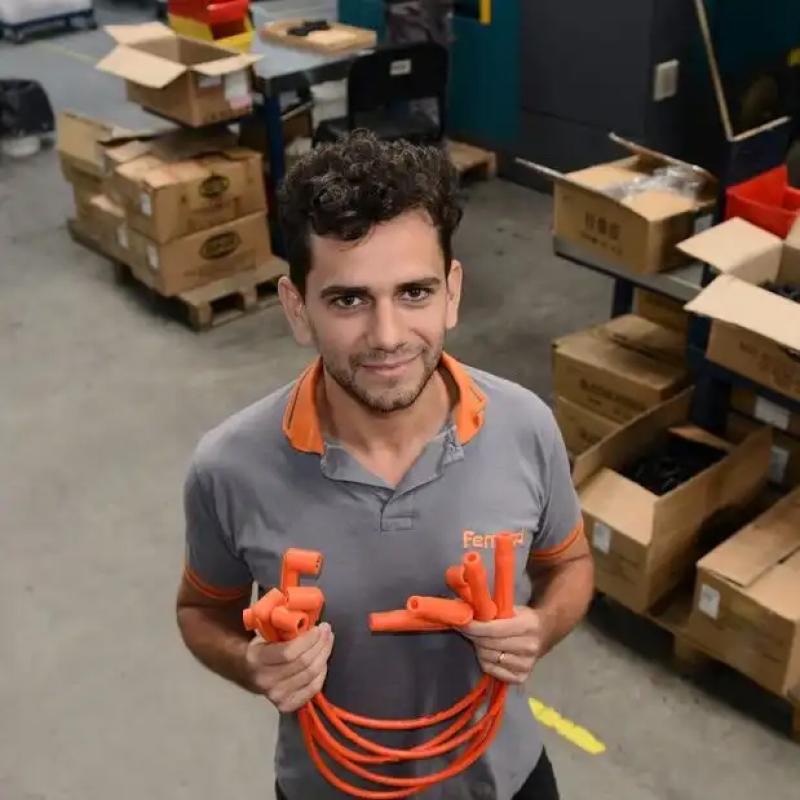

As businesses worldwide increasingly prioritize sustainability, building capacity in sustainable productivity is becoming essential for the success of green transition.
Recognizing this, the Argentine Industrial Union (UIA) launched a course on Sustainable Productivity for SMEs, offering practical guidance on integrating green practices into business operations.
This month, PAGE features an insightful conversation between Laura Segura, Chief Innovation Officer at UIA, and Pablo Ferrazzi, a participant in the course and Industrial Manager at Auto Movil SRL.
In this cross-interview, they discuss the challenges and opportunities of green industrial practices and the transformative role of UIA in the green transition.
This piece also shows how PAGE has been supporting partner countries by way of designing and implementing nationally tailored training packages and programmes on specific priority areas.

Laura Segura:
The new sustainability course within the framework of UIA’s RUTA X Verde programme is a strategic look at the productive level: we are resuming the path we took in 2023 with the first Green Route course, training more than 600 people, mostly representatives of companies and chambers. This second course challenged us to harmonise the agenda and new developments in terms of productive sustainability, care for the environment and the various strategies that have an impact on the competitiveness of Argentine companies, with the participation of more than 700 people at its launch.
The proposal of this Course that we prepared at UIA for 2024 was composed of eleven weekly seminars of one hour each. The contents were developed within the framework of the AL INVEST Verde Programme, financed by the European Union, where strategic partners such as PAGE accompanied us with professionals and concrete implementation cases from our country and the world.
We are currently working with PAGE in a series of direct consultancies to companies that wish to implement Circular Economy and Energy Efficiency actions in plant (On-site), through a systematisation of business models and applicable production processes.
To read the full article head over to its original site of publishing www.un-page.org